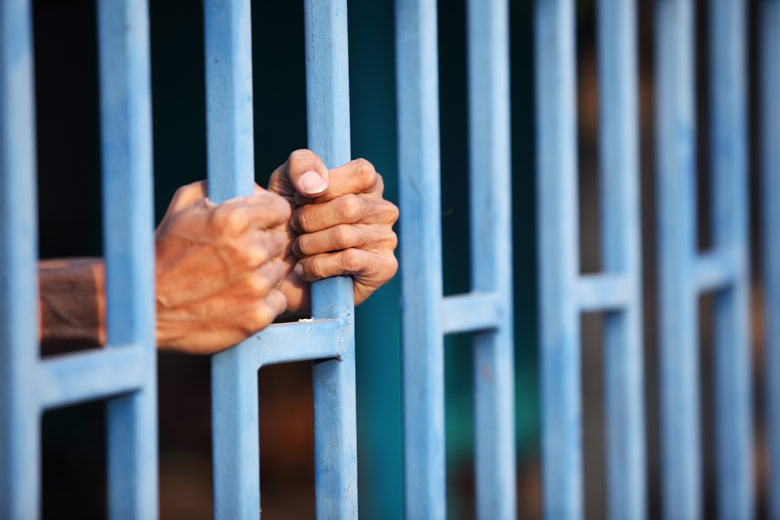 March 18, 2020 – npr – Iran has released tens of thousands of prisoners because of the coronavirus outbreak. NPR’s Steve Inskeep talks to Babak Namazi, whose brother is still detained.
March 18, 2020 – npr – Iran has released tens of thousands of prisoners because of the coronavirus outbreak. NPR’s Steve Inskeep talks to Babak Namazi, whose brother is still detained.
RACHEL MARTIN, HOST:
Iran’s government is warning that the coronavirus could kill millions inside its borders. The United Nations had warned of overcrowding and the prevalence of diseases in Iran’s jails. So now the country has made a dramatic move – the government releasing 85,000 political prisoners. But according to the family of Siamak Namazi, he is still in prison. He is an Iranian American businessman who was arrested four years ago, accused of collaborating with a foreign government. Steve Inskeep spoke with his brother Babak Namazi yesterday after he found out his brother had not been released.
BABAK NAMAZI: I’m clinging onto the hope, as is the rest of my family, in particular Siamak, who is in a petri dish of horrific conditions in Evin prison, that at any moment that inhumane decision will be reversed.
STEVE INSKEEP, HOST:
You just used the phrase petri dish. What is your best understanding of the health conditions there and whether they meet standards, say, of social distancing, as we’ve all been trying to follow?
NAMAZI: The only way to describe it is beyond horrific, Steve. I mean, imagine a room which is very, very small with 15, 20, 25 people crowded in there, not having access to basic products for disinfectants, not having medicine, not being tested. I heard, to my horror, that someone in Siamak’s own cell is displaying symptoms and that person, you know, as of this moment that I’m talking to you, is still there.
INSKEEP: As we know, all kinds of people can die from coronavirus, but the people who are most vulnerable are considered to be those who are older or who have underlying health conditions of one kind or another. How is your brother’s health?
NAMAZI: My brother has been in prison unjustly and illegally for the past 4 1/2 years, and he’s had, you know, various deficiencies and physical ailments. Oftentimes, their complaints are not taken seriously. They’re not taken to doctors, especially now. The prison is not containing the virus. And the only humane thing to do is, at the very least, to provide a temporary furlough, as they have for 85,000 other criminals.
INSKEEP: Do you see any pathway left to appeal within Iran’s government?
NAMAZI: Yes. After 4 1/2 years of just seeing indescribable cruelty, I still wake up every day hoping that humanity will prevail. So obviously, it’s still not too late. No one is dead. We’re not in a situation we cannot reverse as of this moment. So I am begging, and I hope someone who can make a difference within the Iranian government and establishment can hear this plea of a brother, of, really, a human being. Or do we discriminate and politicize coronavirus? And this is what appears to have been happening. And Iran – let’s not forget – Iran is demanding that other nations show humanity and humanitarian gestures, yet we’ve seen zero signs of humanity.
INSKEEP: You mean that Iran would like the assistance of the world to deal with its especially bad coronavirus outbreak – that’s what you’re saying.
NAMAZI: Yes. And it’s the duty of all of us as human beings, irrespective of our nationality, to help each other. We have no nationality when it comes to such a pandemic and such a crisis. And what exactly will we be achieving by keeping people in harm’s way? And I’m not making a unilateral demand. Eighty-five thousand prisoners have been released, and they continue to be released. So obviously, the Iranian authorities have recognized the dire and dangerous situation in prisons.
INSKEEP: Babak Namazi’s brother Siamak Namazi is an American in an Iranian prison. Thank you very much for the update, sir.
NAMAZI: Thank you, Steve.
[POST-BROADCAST CORRECTION: In this story, we incorrectly say the Iranian government released 85,000 political prisoners. It released 85,000 prisoners, some of whom were political prisoners.]
